Rethinking AI Creativity
- Education Unbound

- May 20, 2022
- 2 min read

The first AI-created trailer was produced in 2016, for the horror movie Morgan. What was thought to once be a task only possible by humans has been exceeded by machines - the development of a machine learning program condensed weeks of work into a single day. Currently, 5% of jobs are able to be automated and 25% of jobs across the nation are in prominent danger of being automated. Many tasks deemed “creative” aren’t impossible to automate; who could have predicted that AI could make a movie trailer?
The exponential increase of the capability of artificial intelligence, guided by machine learning, shows that we should rethink our definition of creativity. Creativity, the form that cannot succumb to automation, is a skill that doesn’t derive from analyzing previous patterns; it is the ability to create something new, innovative, and practical.
As much as making a movie trailer seems like a creative task, the AI was able to replicate this through analyzing previous trailers and locating the similarities between successful ones. To protect your employees, you require more than just novelty, you need innovation - the skill of creating something entirely new, not based on prior works. For example, a mathematician has to create a new solution for each complex problem, and cannot simply copy the algorithm from another problem.
As John Smith, Manager of Multimedia and Vision at IBM Research, says, “It’s easy for AI to come up with something novel just randomly. But it’s very hard to come up with something that is novel and unexpected and useful.” The most difficult type of creativity for AI to replicate is “transformative creativity” - expanding the boundaries of a topic in a beneficial way.
Transformative creativity is extremely difficult for machines to reproduce without human input. It’s hard for machines to understand how to create something new and innovative while still harboring practicality. This is a large part of what our new definition of creativity should be; something that machines cannot automate, replicate, or form by themselves without guidance from a human.
When we redefine creativity, we can actively predict which jobs are capable of being automated and help prepare ourselves for the impending revolution in employment.
Links:




Comments